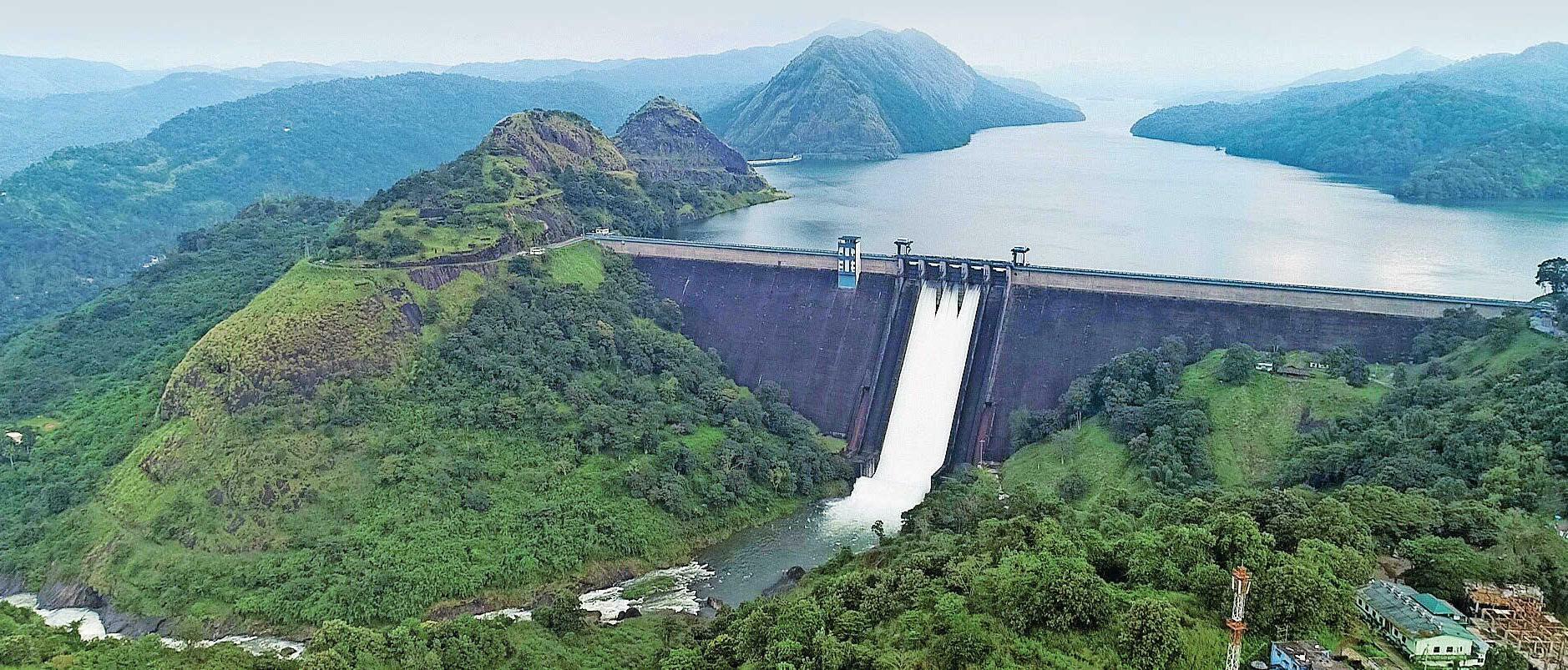
Mindo, 52, points to her rebuilt verandah, a stark reminder of the floods that damaged her house in Sultanpur Lodhi’s Mandala village last year. As she offers a charpoy and a cup of tea—the warm Punjabi welcome— she recalls how water engulfed her house, even breaching the metre-high porch. “It was a nightmare,” she says. Her son Haroon, who runs a grocery shop to supplement the income from farming, nods in agreement. “We had to borrow money to rebuild, with no help from the government,” he says. Nearby, labourer Santosh Singh, 28, is still repaying the hefty loan he took to reconstruct portions of his flooded home.
The situation is no different in Talwara, about 90km from Sultanpur Lodhi. Says Jigir Singh, a rice farmer from Tadhe Pind: “My farms, spread over 12 acres, were submerged, and the crops completely destroyed.” The 55-year-old remembers seeing such floods more than 40 years ago, indicating changes in the monsoon pattern. Thousands of villages in more than 24 districts in Punjab bore the brunt of the fury of the Sutlej and the Beas; nearly 50 people died.
While in the north, the Bhakra Nangal and the Pong dams overflowed to wreak havoc downstream, the sudden gush of water from Kerala’s Idukki dam in 2018 also pointed to, as the local people put it, a major shift in rainfall. C.J. Stephen, 48, representative of the merchants’ association in Chappath on the banks of the Periyar, says that normally, even if water was released from the Idukki Dam, it would take three hours to reach Chappath. “But that day, the Idukki collector instructed us to immediately relocate products kept in our shops,” he recalls. “We informed the shop owners, but not many took the warning seriously. By evening, water from both the rains and the dam release flooded the village. Many merchants had stocked up in advance for the Onam season. They lost everything.”
This story is from the {{IssueName}} edition of {{MagazineName}}.
Start your 7-day Magzter GOLD free trial to access thousands of curated premium stories, and 9,000+ magazines and newspapers.
Already a subscriber ? Sign In
This story is from the {{IssueName}} edition of {{MagazineName}}.
Start your 7-day Magzter GOLD free trial to access thousands of curated premium stories, and 9,000+ magazines and newspapers.
Already a subscriber? Sign In

Too Much Sitting Can Accelerate Ageing
SITTING FOR EXTENDED PERIODS can harm the heart and accelerate ageing, even if you are young and get the minimum recommended amount of daily exercise, according to a US study published in the journal PLOS One.

Efficiency and innovation
As health care evolves, professionals must employ innovative methods to refine their skills

Level up
Only 30 per cent of needy patients are able to undergo transplant in India; we need more dedicated transplant centres

HOPE STEMS FROM A CELL
While stem cell therapies have shown success in treating blood disorders, orthopaedic ailments, autoimmune diseases and eye issues, there is hope that they can one day treat patients with heart disease, blindness, Parkinson's, HIV, diabetes and spinal cord injuries

Mind matters
Your mindset can limit or expand your physical ability

Cutting edge
Would you go under the knife if a robot was the one holding it? Or would you say, \"No way, I need a human touch\"? You might have to decide soon because a robot that can imitate skilled human surgeons is already here.

The smallest cut
Minimally invasive surgeries have a bright future, with virtual reality and 3D procedures offering greater precision and AI on the horizon

Signalling a revolution
Canadian scientist and entrepreneur Sachdev Sidhu is focused on bringing cutting-edge antibody engineering to his country of origin

Wellness on demand
Starting as a doctor-patient chat platform, Medibuddy has evolved to be India's largest on-demand, full-stack digital health care platform

HEARING AND VISION LOSS LINKED TO HEART DISEASE AND STROKE
A CHINESE STUDY PUBLISHED IN THE JOURNAL of the American Heart Association suggests that middle aged and older adults with sensory impairments, specifically hearing and vision loss, have an elevated risk of cardiovascular diseases, including stroke and heart attacks.